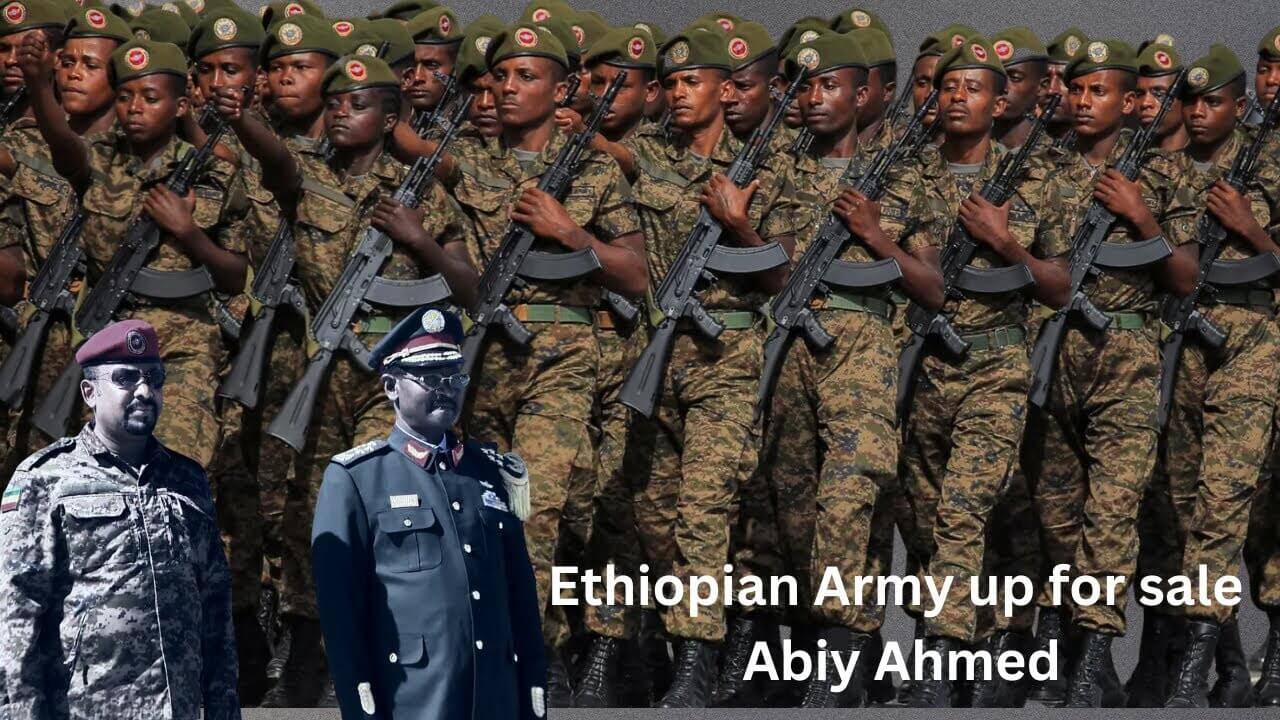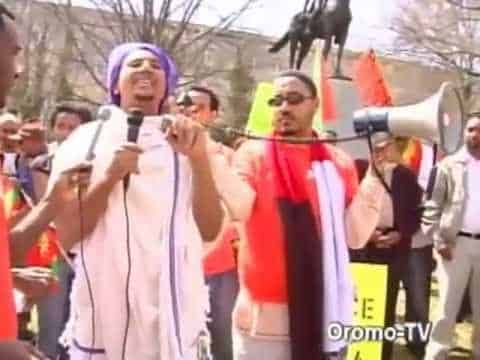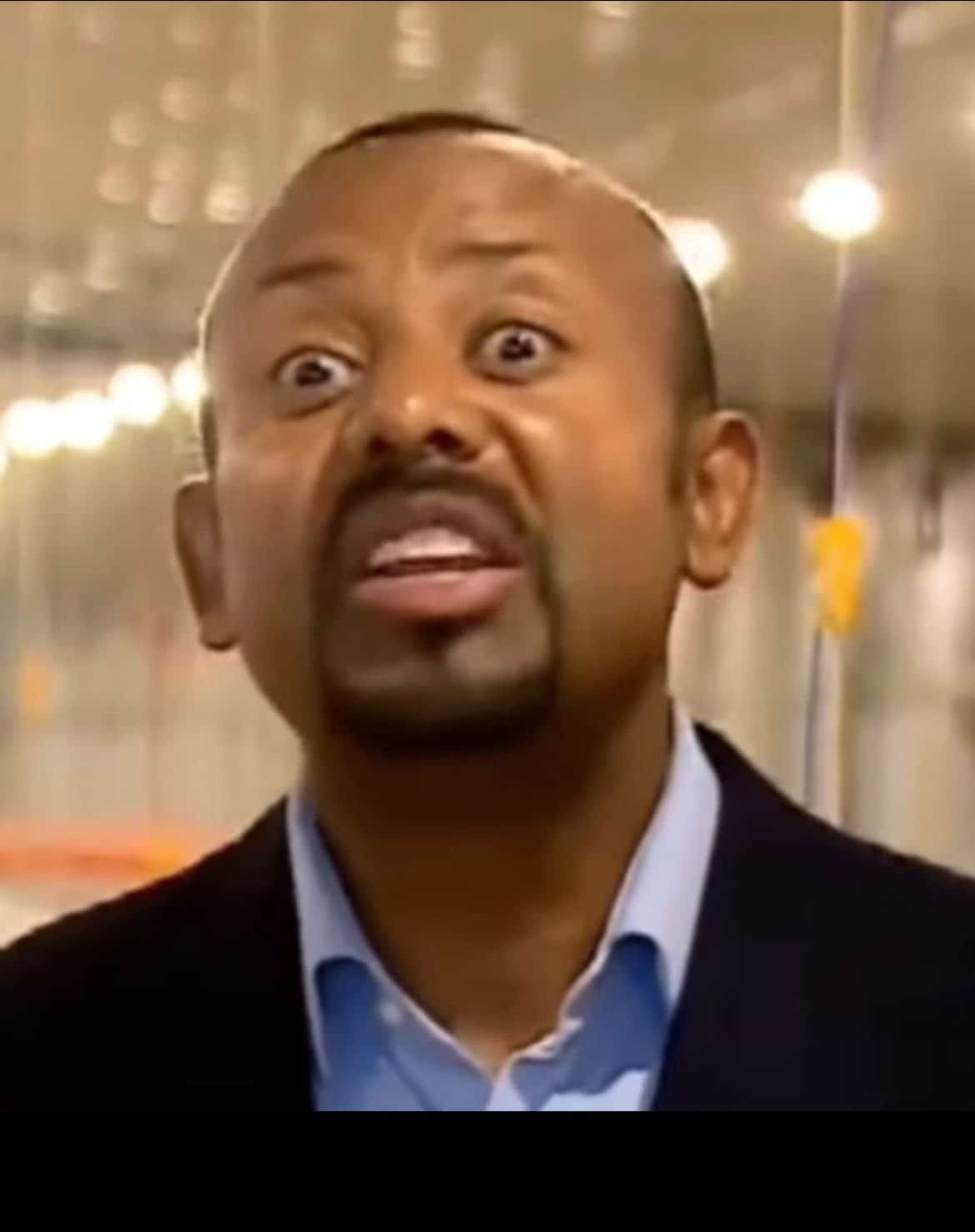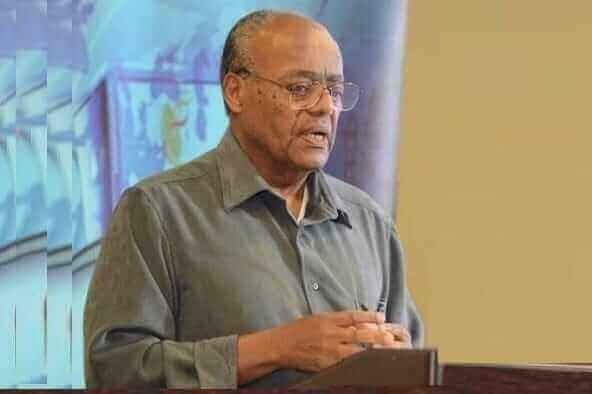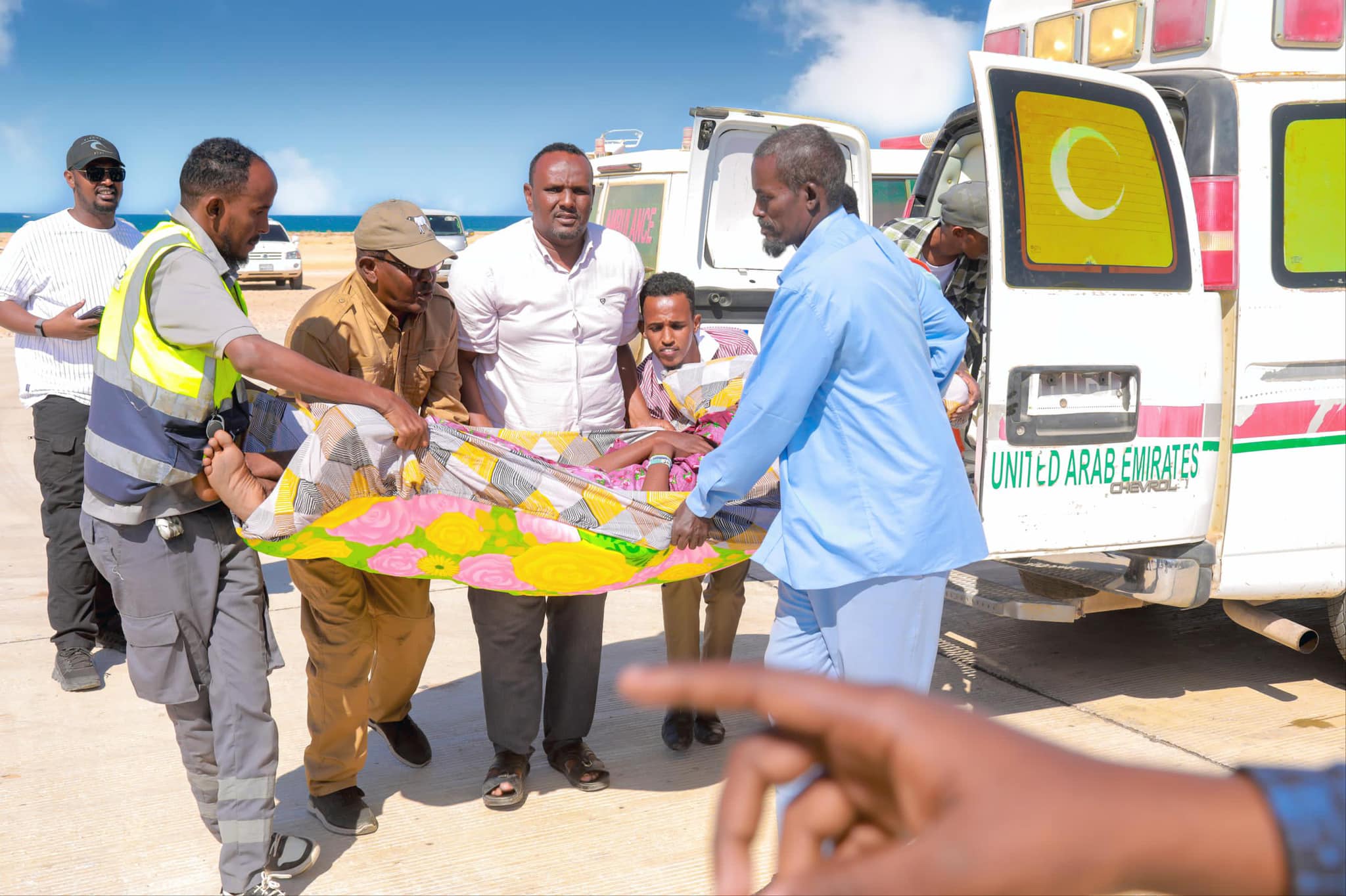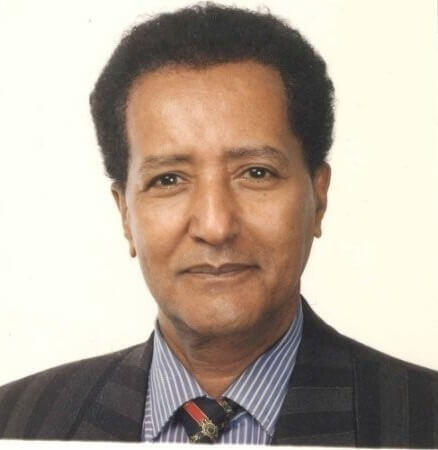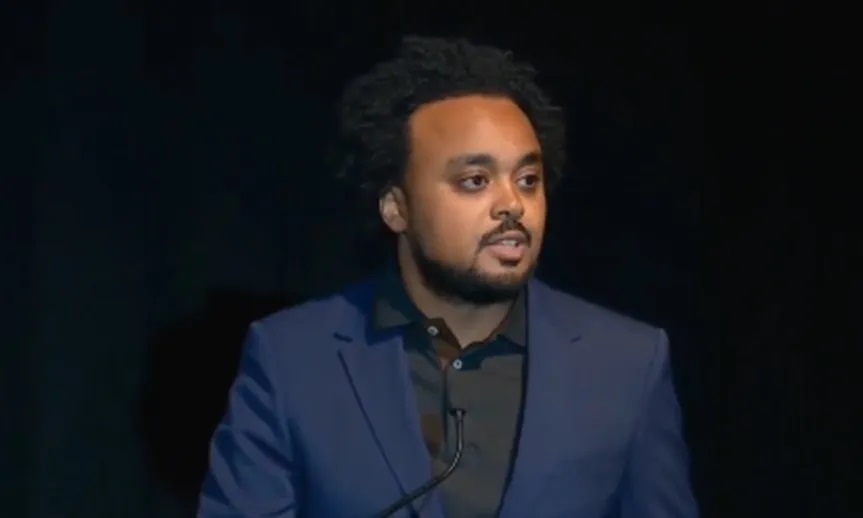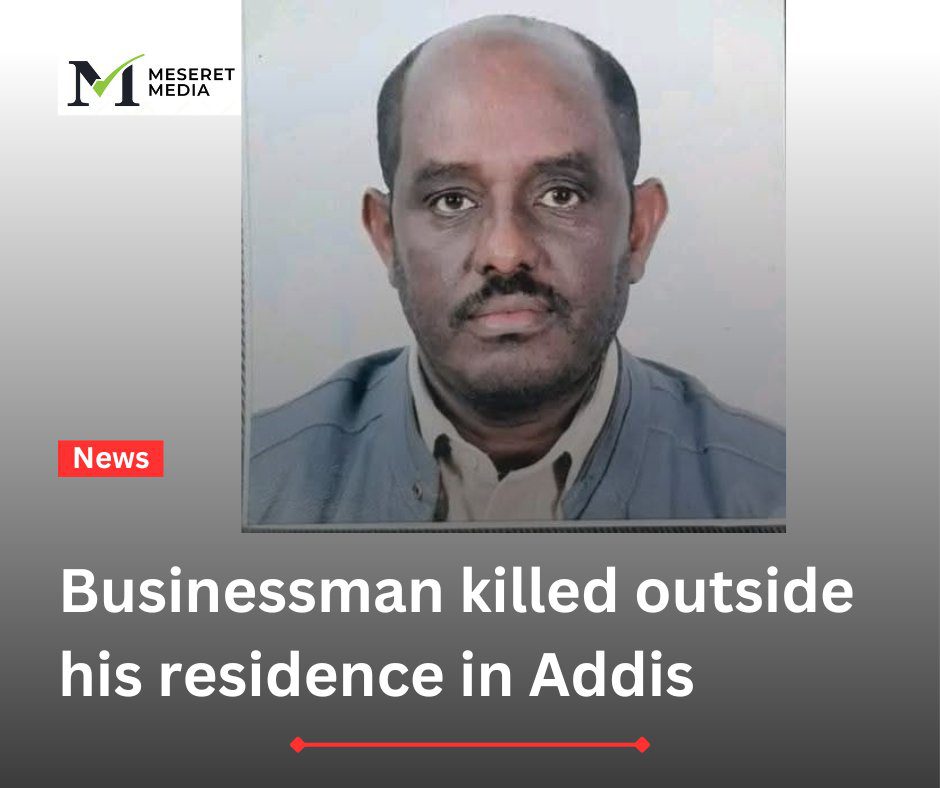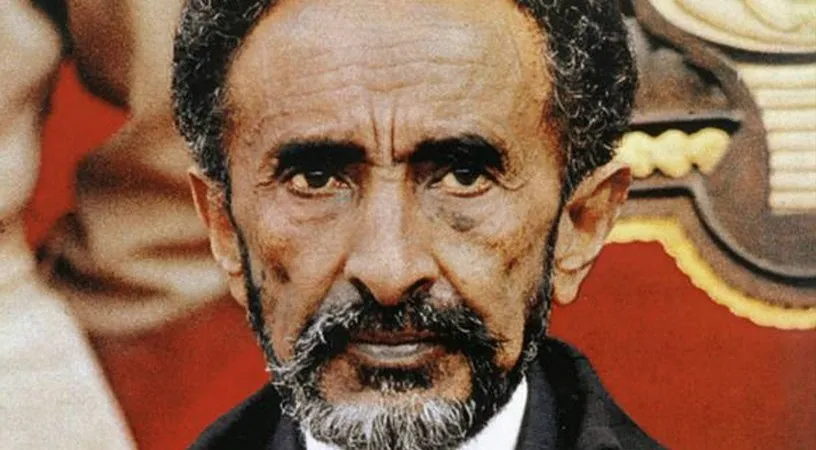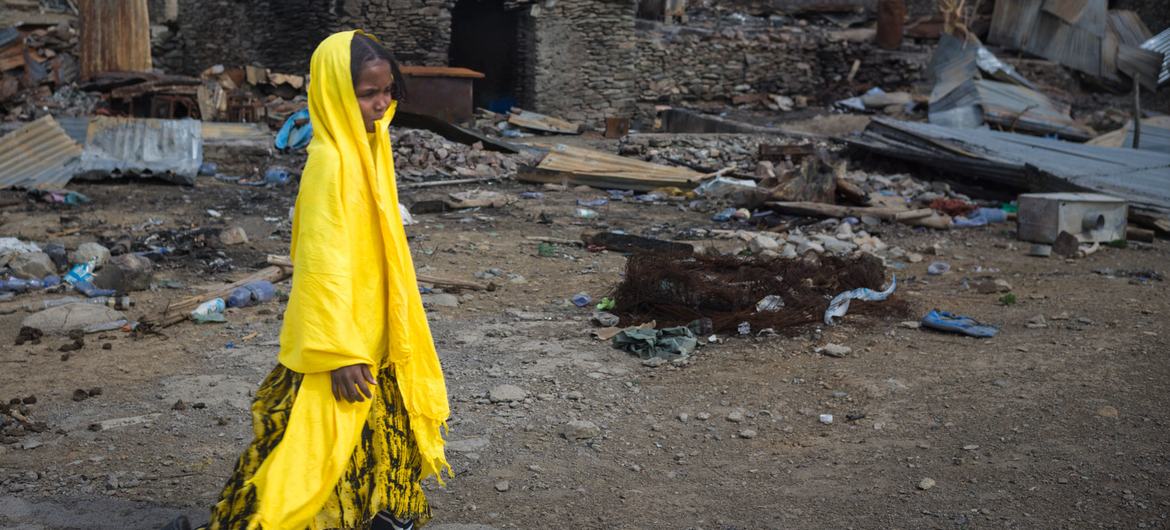By Gemechu Aba Biya
Whenever Hizkiel Gebissa is asked about secession, he equivocates, but he is a committed separatist. He just doesn’t have the decency, integrity, or honesty to say it openly. He tries to cleverly camouflage his separatist intention, while actively working with like-minded individuals, groups, and political organizations to dismantle Ethiopia gradually, steadily, but systematically.
In 2016, he, along with Tsegaye Ararssa, and others co-authored the so-called Oromo National Charter. The charter was intended to be a precursor of the constitution of an independent Oromia, much as the 1991 OLF-TPLF charter was a prelude to the 1995 EPRDF constitution, but because of bickering among the various political parties and opposition from academics, prominent individuals, and ordinary Oromos, the charter could not be approved as planned. This story was reported by Tamrat Negera, an Oromo journalist.
To bolster the proposed Oromo Charter, Hizkeil Gebissa and Jawar Mohammed suggested the establishment of an Oromo Transitional Government and an Oromo army. (See the letter addressed to them by the concerned Oromos). That too fell apart when the various groups couldn’t agree on the people who should lead the implementation of the plan. Some individuals, including Hizkiel, suggested to appoint the Little Ayatollah as the Supreme Leader of the Supreme Council, much to the chagrin of the supporters of Dowd Ibssa. (No, I didn’t make up the word Supreme Council. Check the link). He has not yet repudiated his separatist proposals.
Today, Hizkiel pretends to support a united and democratic Ethiopia, while making speeches, giving interviews, issuing statements, and plotting with others to advance Oromia’s separation. He has never taken an unequivocal stand on national unity. Every time he is asked about secession, he tries to be too clever by half by saying that he supports “self-rule” for the people of Oromo, which can mean an autonomous region within a united Ethiopia or an independent Oromia.
Equivocation on secession
In 2016, when someone asked him about secession, he feigns to be incensed by the question:
“To be sure, no one Ethiopian group has the moral authority to administer the litmus test of loyalty to Ethiopia. It is unfathomable that Oromos have to answer such questions especially in the wake of the sacrifices the young generation of Oromo have been paying to liberate Ethiopia from tyrannical rule.”
The false indignation is intended to divert attention from the question. Yes, in case Hizkiel has not noticed, some Oromos, including his boss Jawar, are so disloyal to Ethiopia that they have publicly vowed to destroy it to create an independent Oromia. He pretends to have never met a separatist Oromo.
Second, the question of secession was addressed to him personally, not to all Oromos. We know that the vast majority of the Oromo people oppose separation from Ethiopia because they realize that separation will be disastrous for the Oromo people and because they are patriotic Ethiopians as well. As usual, Hizkiel, like his fellow separatists, relies on hyperbole, mendacity, and stealth statements to advance Oromo separation. (For instance, Asafa Jalata the OLF writer falsely claims that Emperor Menelik killed five million Oromos).
If fake outrage, hyperbole, and emotional manipulation are not enough, he tries obfuscation. Hizkiel obfuscates by saying , “The issue of secession, for instance, was basically settled when federalism was chosen as a solution and secession was enshrined in the Ethiopian Constitution as a right in principle.”
This is the kind of non-answer you expect from a slimy, duplicitous politician, not from an honest, truth-seeking academic. Someone who cannot give a simple “yes” or “no” answer to a simple question obviously hides something.
Although he lacks the integrity to say that he supports secession outright, there is enough indirect evidence from his statements and actions to conclude that he is still a separatist. When he was recently asked about article 39 of the constitution at Mekele University on July 11 , he responded that he supports it. It is most unlikely that an individual who supports national unity can in clear conscience also support article 39, unless he is a separatist. Just as you don’t buy a car, unless you intend to drive it, you don’t endorse article 39, unless you hope to invoke it one day.
To be sure, I recognize Hizkiel’s right to support separation, but what I detest is his dishonesty, sleaziness, mendacity, and hate mongering against the Amhara people to advance the separation of Oromia.
Further, he endorses the confederation of ethnic states that has recently been proposed by supporters of the TPLF to replace a sovereign Ethiopia, revealing his secessionist aspirations. Appearing on Tigray TV on July 13, Hizkeil gleefully asserts that the Killils are ready to separate and the process of Ethiopia’s dissolution is underway.
He points out that the Killils have their own constitution, their own police force, their own army (special forces), their own flags, and their own presidents. He could have also added that Oromia and Tigray have their own ethnic national anthems as well! What is missing, he contends, is international recognition only. And that can come easily once a referendum, requiring a simple majority vote for separation, is held. He can’t wait to see that day.
Defending the constitution
Hizkiel defends the constitution vigorously. One wonders why he bloviates so much when defending the constitution, both its content and the process by which it was drafted and approved. The reason is simple: the constitution, written by the two separatist political organizations the OLF and TPLF, was conceived to destroy Ethiopia. He must share the same objective.
The constitution created the Killils, ethnic enclaves, with huge imbalances in the distribution of resources, economic power, and political influence, an unworkable federal arrangement in the long run. It enshrined secession. It undermines Ethiopia’s national identity. It created indigenes and non-indigenes within each Killil who are subject to unequal rights. It includes provisions that incite continuous conflicts in each Killil. (Kebeles demanding to be woredas, woredas demanding to be zones, and zones demanding to be Killils, and Killils eventually demanding to be countries).
Because of these and other features, the constitution fosters perpetual political crises and the eventual collapse of Ethiopia. Nobody could have designed a better constitution than the OLF-TPLF constitution for a country to self-annihilate. And this is the constitution that Hizkiel defends as being perfect for Ethiopia. Indeed, it is a perfect constitution for the destruction of Ethiopia.
That’s why separatists like Hizkiel threaten violence, bloodshed, civil war whenever you suggest to change the constitution. This is intellectual bullying, the hallmark of someone who has no valid arguments to defend a tenuous position.
If the constitution provides the legal framework for the separation of Oromia in the future, then the ground political work must start now. The separatists are working to gradually dismantle Ethiopia, with the apparent connivance of the Abiy government.
Hizkiel, Jawar, and Bekele are now collaborating closely with the TPLF separatists. They have formed an unholy alliance with the former oppressors, torturers, and killers of the Oromo people. Hizkiel used to condemn the Woyane regime incessantly for its crimes against the Oromo people, but on August 7 he denies ever using the word “Woyane”! Come again? A cursory look at his video clips over the last two decades shows he has profusely used the word “Woyane”. The man a pathological liar.
Two years ago, Hizkiel was telling us the alliance between the Amhara and Oromo people, deeply rooted in history, was essential for a united, democratic, and prosperous Ethiopia. Now, he tells us that the alliance was simply tactical and that there can never be a strategic alliance between the two people.
The strategic alliance, he argues, should be among the Cushitic people of Ethiopia, under the hegemony of the Oromos. That has been his long-held position. This means, when he was preaching the alliance of the two people, he was lying all along. Now he wants to con the Cushitic people of Ethiopia, but they know him well enough not to be duped.
The man tells consistently contradictory stories, depending on whether he is speaking in Bale or Mekele, in Amharic or Afan Oromo, on Amhara TV or OMN TV, on Tigray TV or on Walta TV. In Harar, he was advancing Oromo hegemony; in Mekele, he denounces it. On Tigray TV, the thieves are the EPRDF leaders; on Walta TV, no it is the TPLF leaders. And so on. Which is the true story?
For Hizkiel, truth is some kind of play dough to be arranged into different forms, patterns, and shapes; to be packaged, labelled, and sold to a particular audience. The man has a serious problem of credibility, to put it politely.
The great expanded Oromia?
The current configuration of Oromia is not economically conducive for an independent Oromia. To be viable, it must incorporate the SNNPR. To that end, Hizkiel and Jawar have been agitating for the fragmentation of the South not because they support the constitutional right of the people in the South, but because a divided, fragmented, and weakened South will be easy to dominate, to Oromize, and to eventually incorporate into Oromia.
When Hizkiel and Jawar assert that Oromia is composed of different “nations, nationalities, and peoples”, they are not referring to the Amharas, Gurages, Tigrayans, and other ethnic groups living in Oromia today. They are referring to the people of the South. Hizkiel wants to fragment the South but plans to expand Oromia by incorporating Addis Ababa, Dire Dawa, Shewa, the South, Wollo, and substantial areas of the other regions. Unless you’re a separatist who dreams to establish a Great Oromia one day, why would you want to expand Oromia?
Further, he relentlessly attacks Ethiopia’s national identity, spews ethnic hatred against the Amharas, strategizes to weaken the Amhara region, advocates the Oromization of non-Oromos, and instigates political crises by raising wedge issues (think of Finfinen Kegna and now Wollon Kenga). None of these advance national unity. In fact, they are designed to kill Ethiopia by a thousand cuts.
I doubt if the strategy of gradually weakening Ethiopia to destroy it, while strengthening Oromia economically, politically, and militarily to make it an independent country will work because the Oromo people are beginning to realize the treachery of people like Hizkeil and Jawar and that separation is a mutually destructive option for all Ethiopians.
There is no guarantee that an independent Oromia would remain intact, given the cultural, political, regional, and religious differences of the Killil. Still, we have to be vigilant about intellectually dishonest individuals like Hizkeil who pretend to support national unity while actively trying to destroy Ethiopia. It’s our duty to expose such political hacks, charlatans, and carnival barkers.


